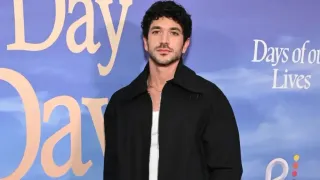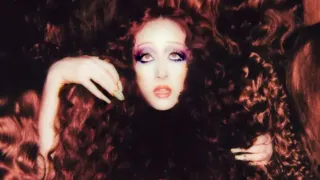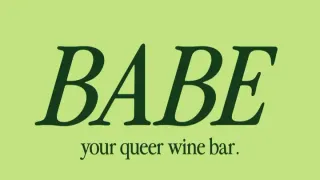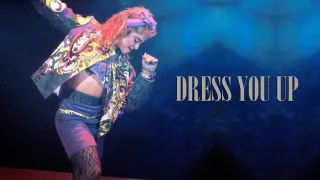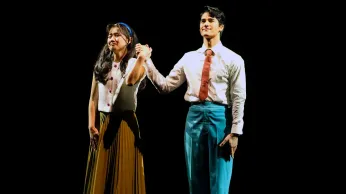
10 hours ago
Broadway's "Maybe Happy Ending" Faces Backlash Over Casting Decision: Creators Address Concerns
READ TIME: 3 MIN.
Maybe Happy Ending," a Tony-winning Broadway musical celebrated for its poignant exploration of love and identity, has become the center of a heated debate over casting and cultural representation. The controversy erupted after the production announced that Andrew Barth Feldman, a white actor, would replace Darren Criss in the role of Oliver—a character rooted in a narrative shaped by Korean culture and the creative vision of Korean and Korean American writers Will Aronson and Hue Park .
The announcement triggered swift and vocal criticism from members of the Asian American and Pacific Islander (AAPI) community, as well as from advocates for equitable representation in the arts. Many expressed disappointment at the decision to cast a non-Asian actor in a show lauded for its authentic engagement with Korean themes, especially in a Broadway landscape where opportunities for Asian actors remain limited . Prominent actor BD Wong published a widely shared essay highlighting the emotional impact of the casting on the AAPI community and its implications for inclusion and visibility in mainstream theater .
The controversy has resonated beyond the AAPI community, drawing reactions from LGBTQ+ theatergoers and advocates who see the musical not only as a cultural touchstone but also as a site for inclusive storytelling. Many have pointed out that casting decisions in such productions can send powerful messages about whose stories are deemed worthy of authentic representation .
In response to the growing backlash, creators Will Aronson and Hue Park released a public statement acknowledging the pain and disappointment felt by some audiences. Their message sought to clarify the intentions behind the casting choice and to express solidarity with those advocating for greater diversity and sensitivity in Broadway productions.
"We would like to share some thoughts on the collective casting decision of Andrew Barth Feldman in Maybe Happy Ending. We have spent days trying to find words that perfectly encompass all of our feelings, but as we watch the pain escalate, have decided it is better to simply share our incomplete thoughts and hope they are taken in the spirit of heartfelt conversation. For months, we have been inundated with comments from people who previously knew nothing about Korea – but after watching Maybe Happy Ending, are now either planning trips to Jeju, deep-diving into Korean culture, or even learning the Korean language. This is incredibly meaningful to a Korean/American writing team who met and write in NYC, but are deeply immersed in Korean culture," the statement read .
Lead actor Helen J Shen also added her voice to the dialogue, emphasizing the importance of open conversation and ongoing learning when it comes to representation and inclusion in the performing arts .
The debate comes at a time of increasing scrutiny over representation in both theater and broader media, with advocates urging producers to recognize the significance of casting choices in shaping opportunities for underrepresented communities. For many within the LGBTQ+ community, the controversy represents a wider struggle for stories that reflect the diversity of queer experiences—including those at the intersection of race, ethnicity, and sexual orientation.
Theater remains a powerful space for LGBTQ+ expression and advocacy, and "Maybe Happy Ending" has been lauded for its nuanced depiction of identity, love, and belonging. However, the current casting controversy has prompted renewed calls for Broadway to prioritize authenticity and to create space for marginalized voices, particularly in stories rooted in specific cultural experiences .
As the production moves forward with its new cast, many in the theater and LGBTQ+ communities are watching closely to see how the creative team and producers continue to engage with concerns around representation. The controversy has sparked important conversations about the future of Broadway and the responsibility of major productions to reflect the communities they portray.
For advocates and artists alike, the situation underscores the ongoing need for transparency, dialogue, and intentional casting practices that honor the identities and cultures at the heart of each story. The outcome of this controversy may well shape industry standards and expectations for years to come.
